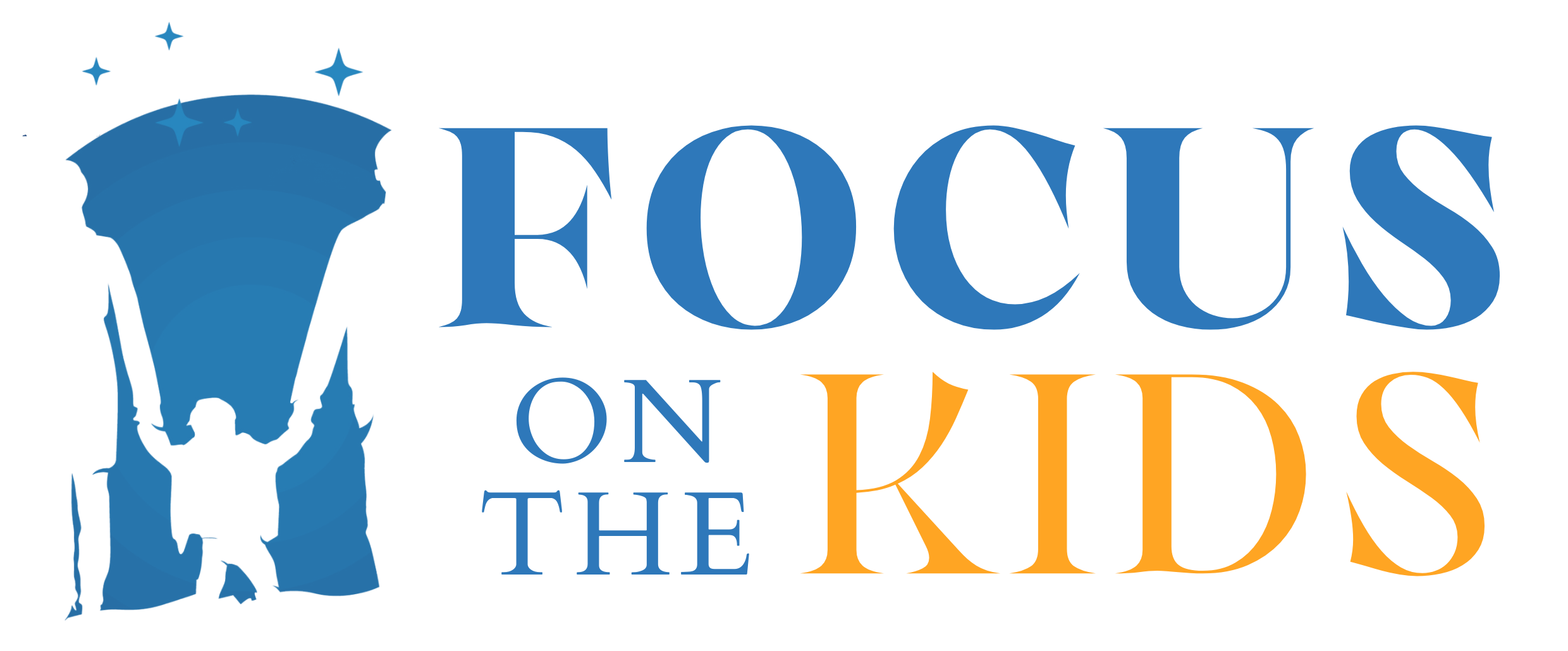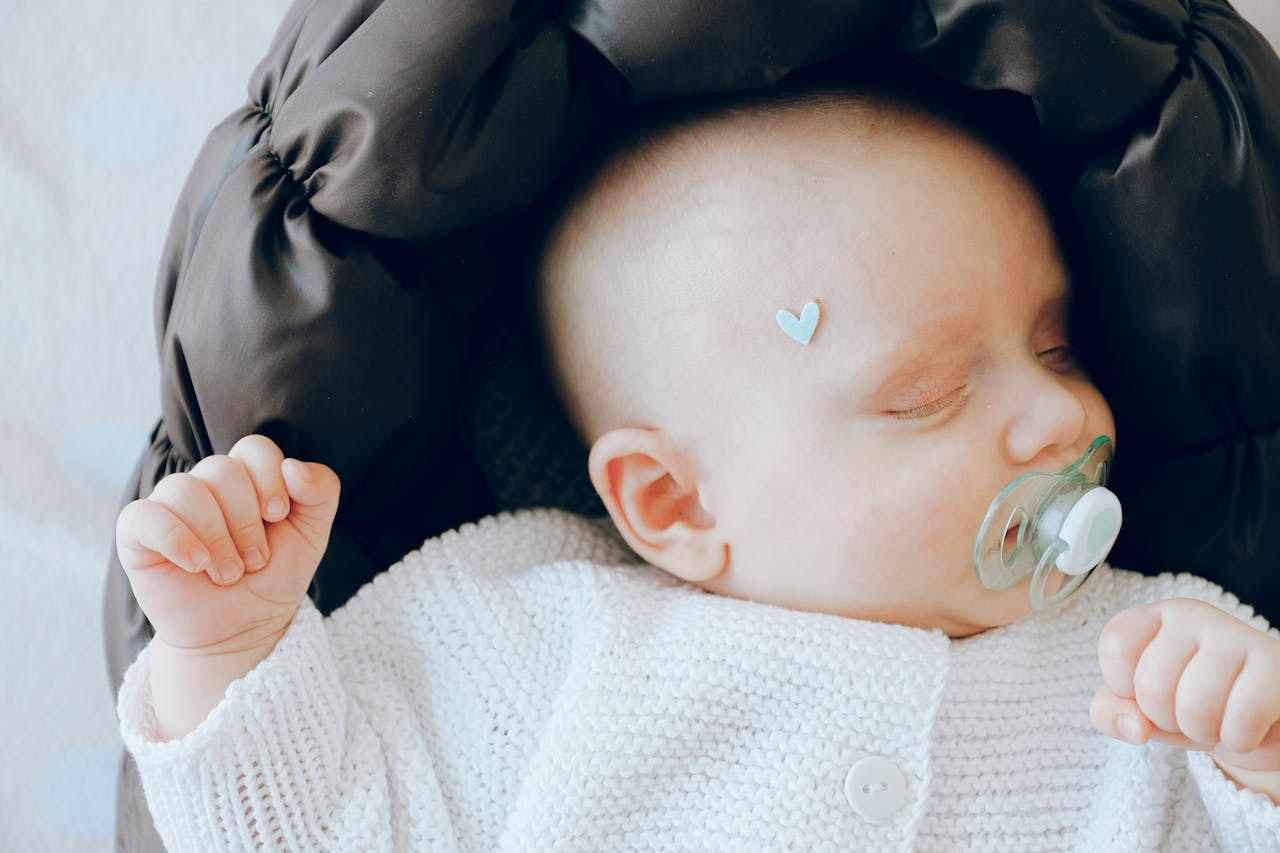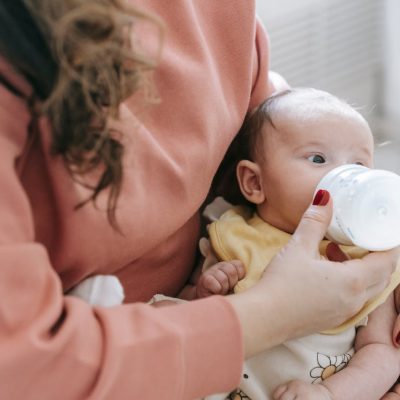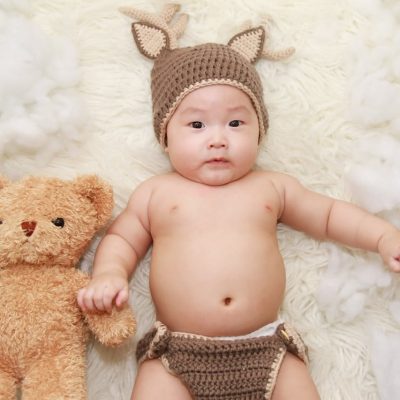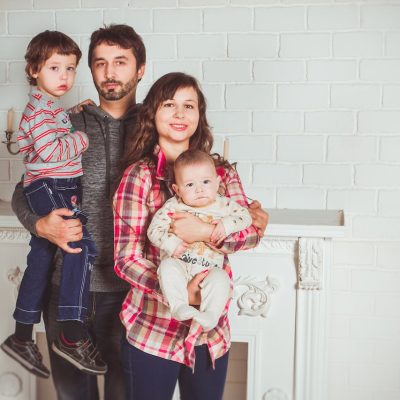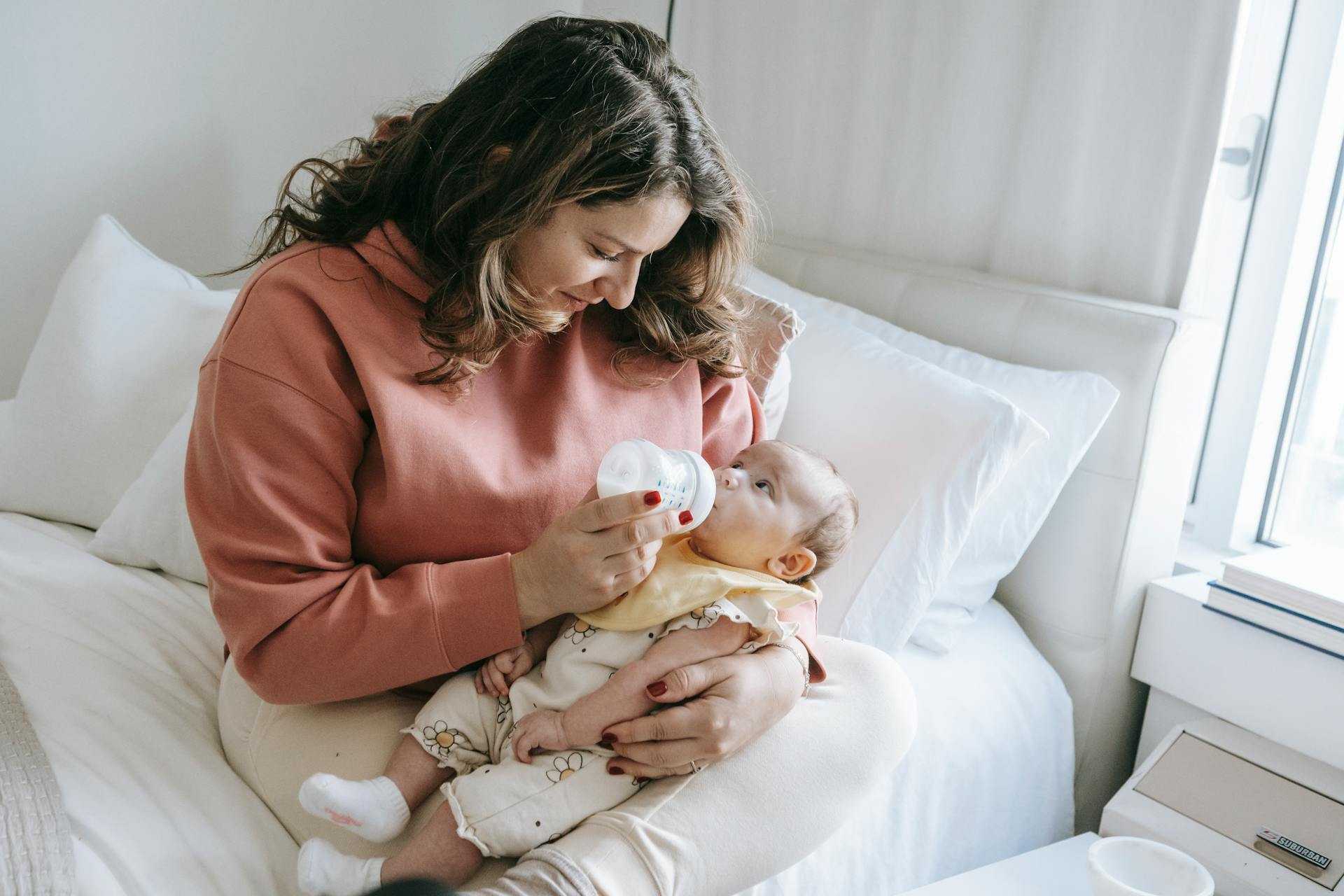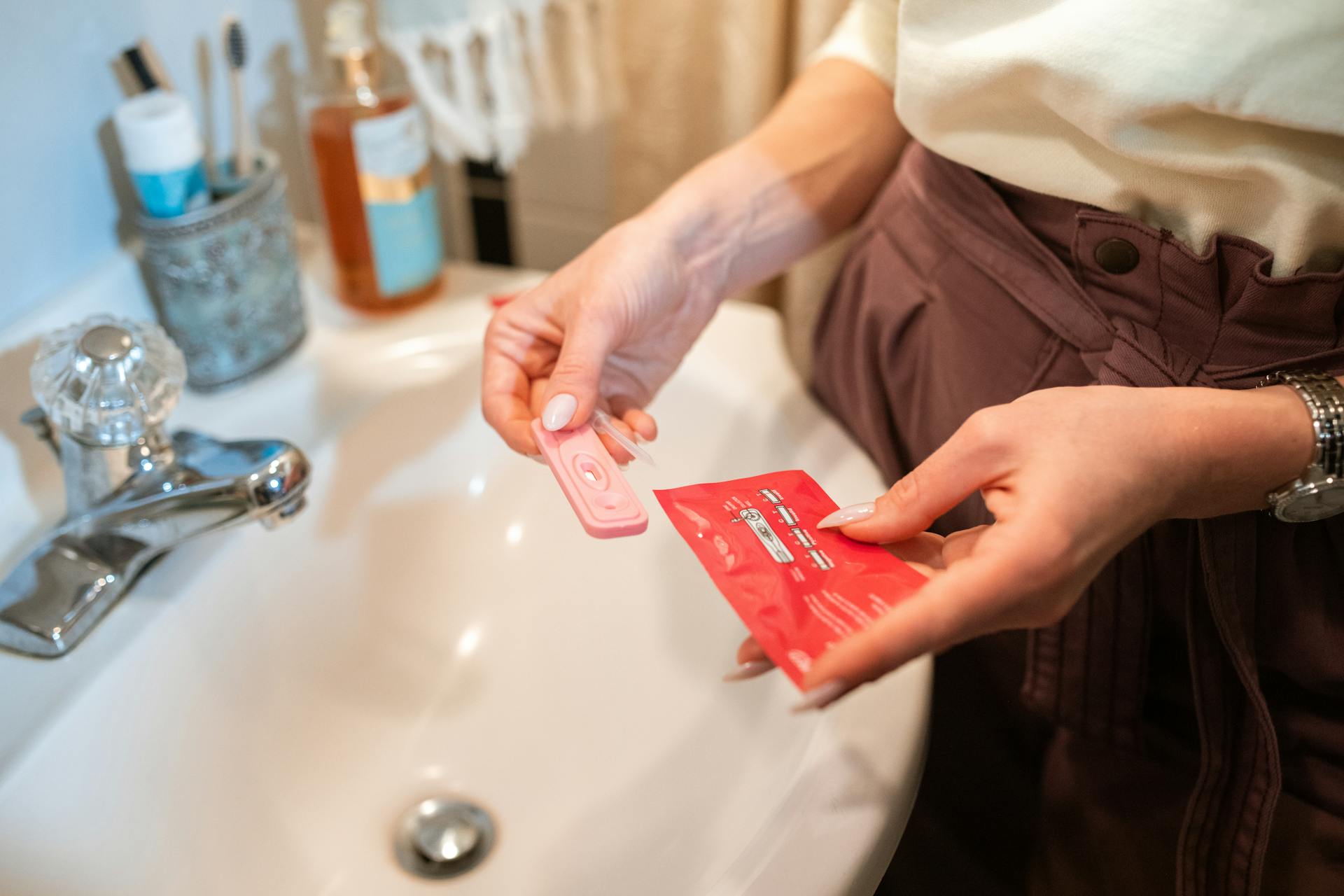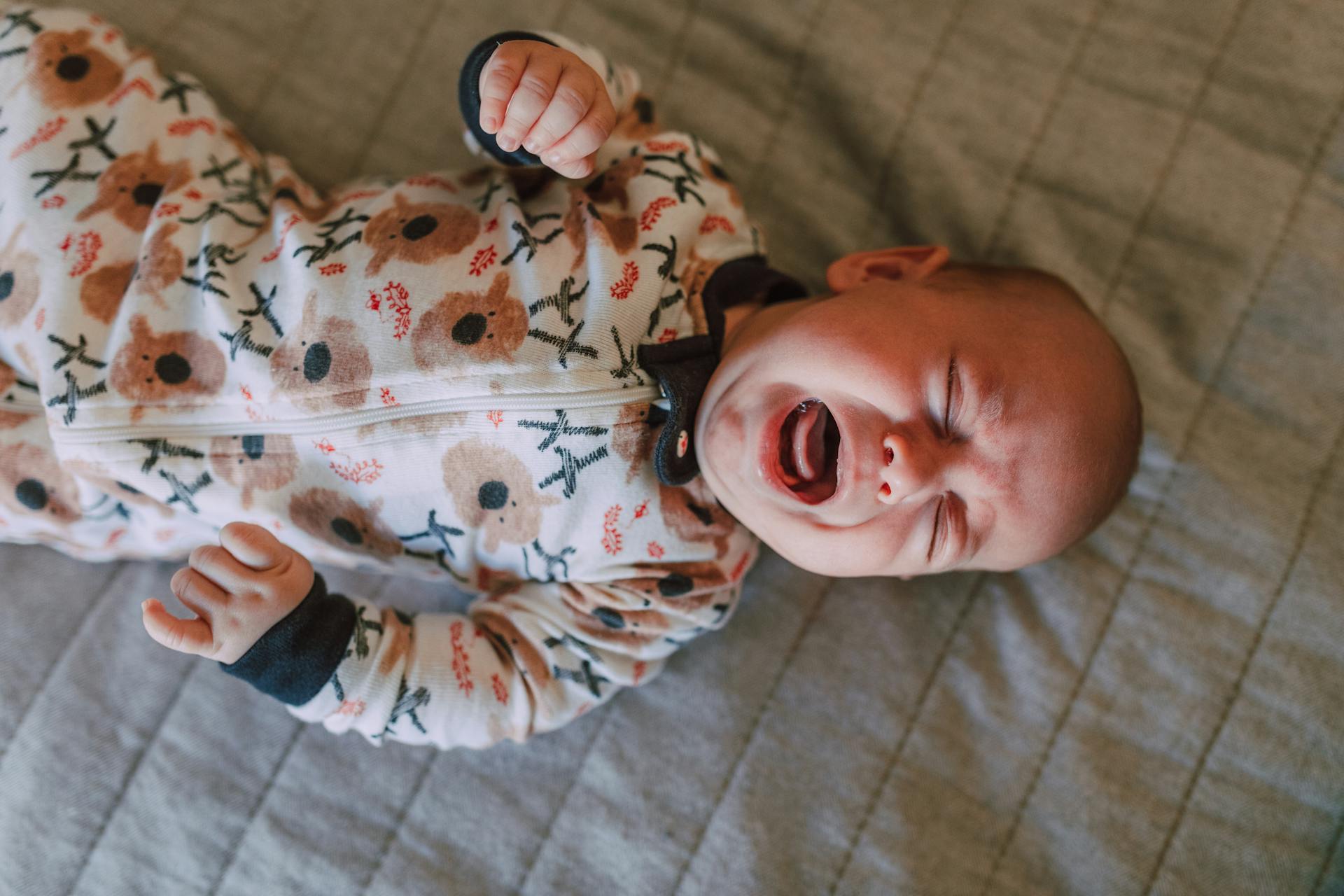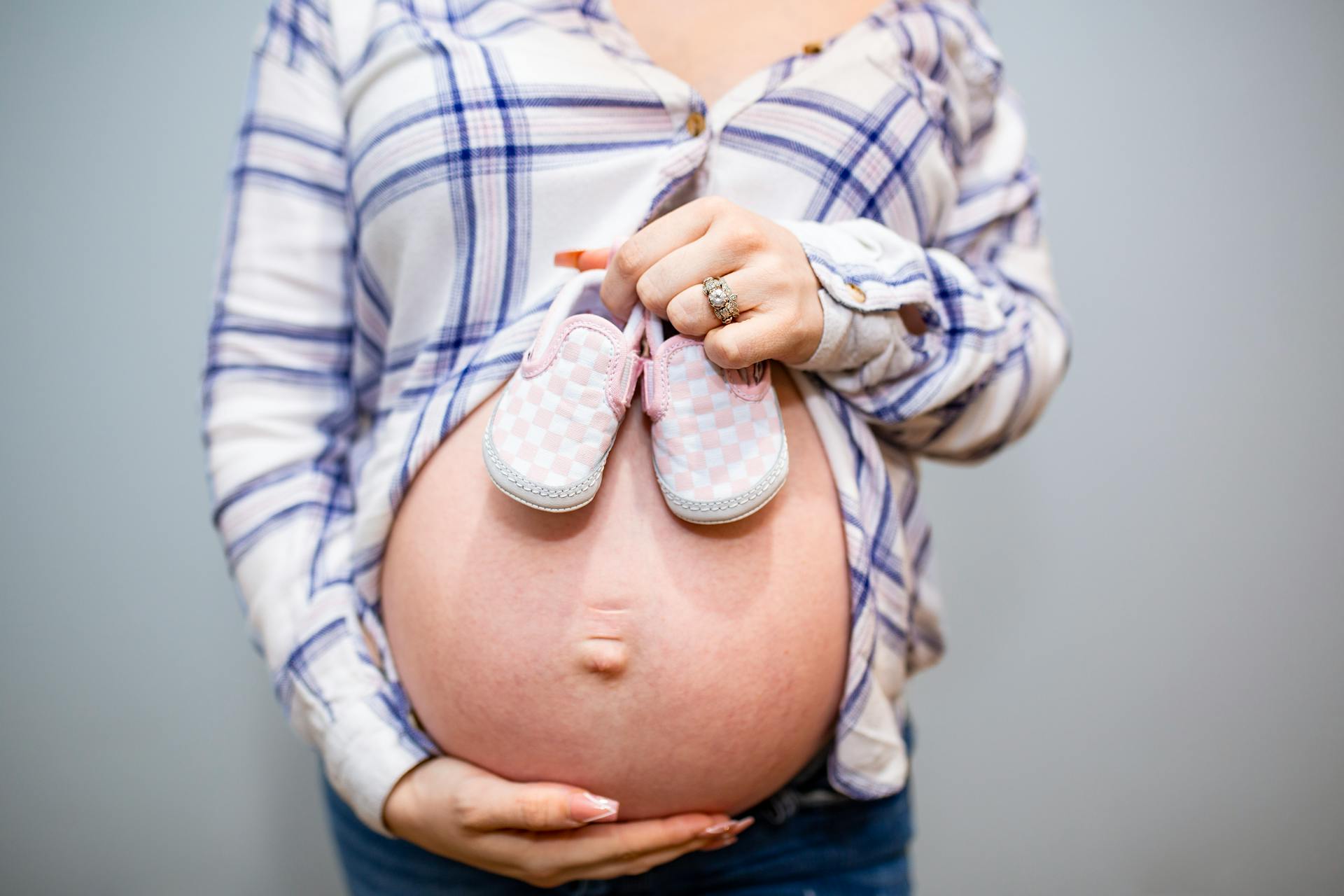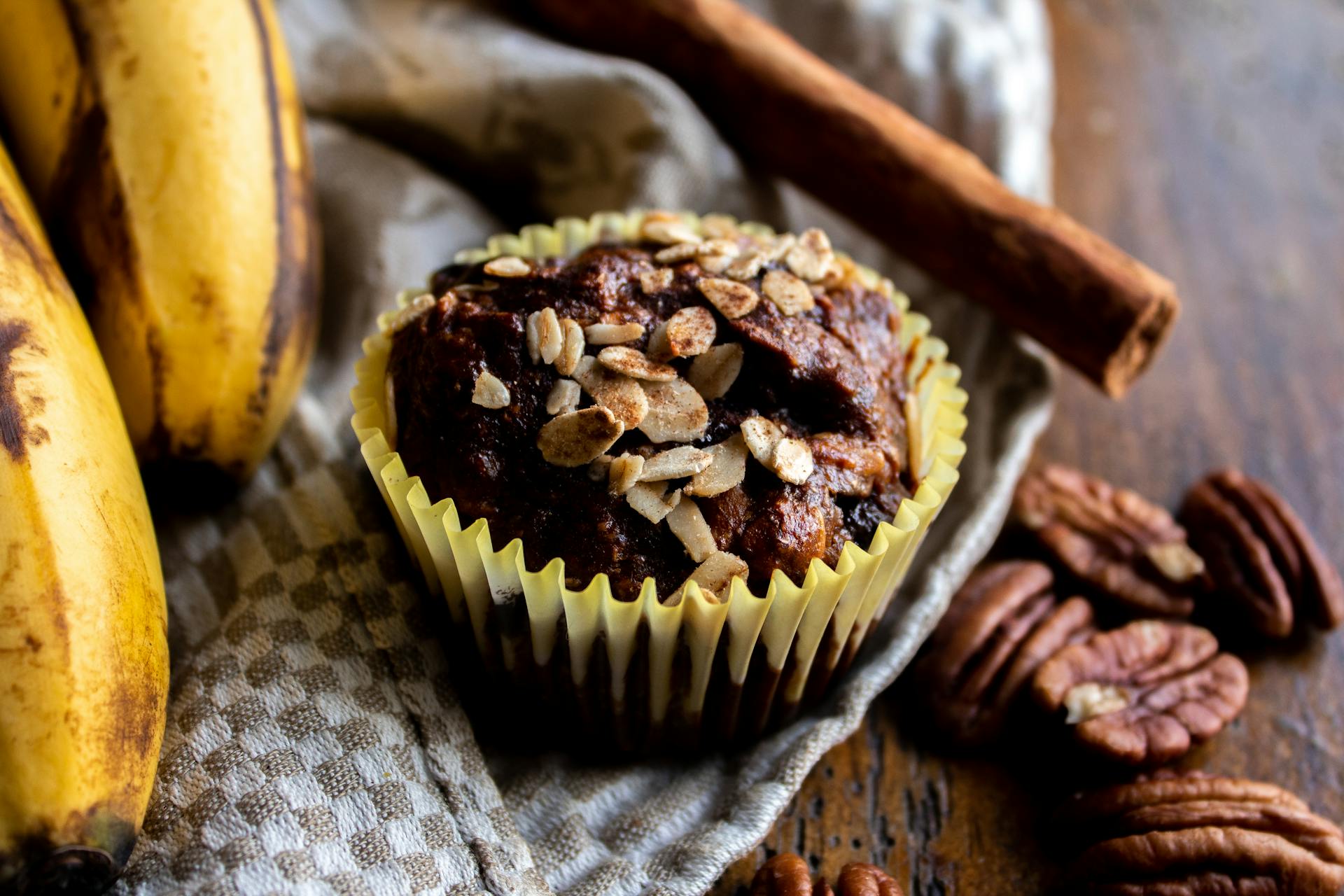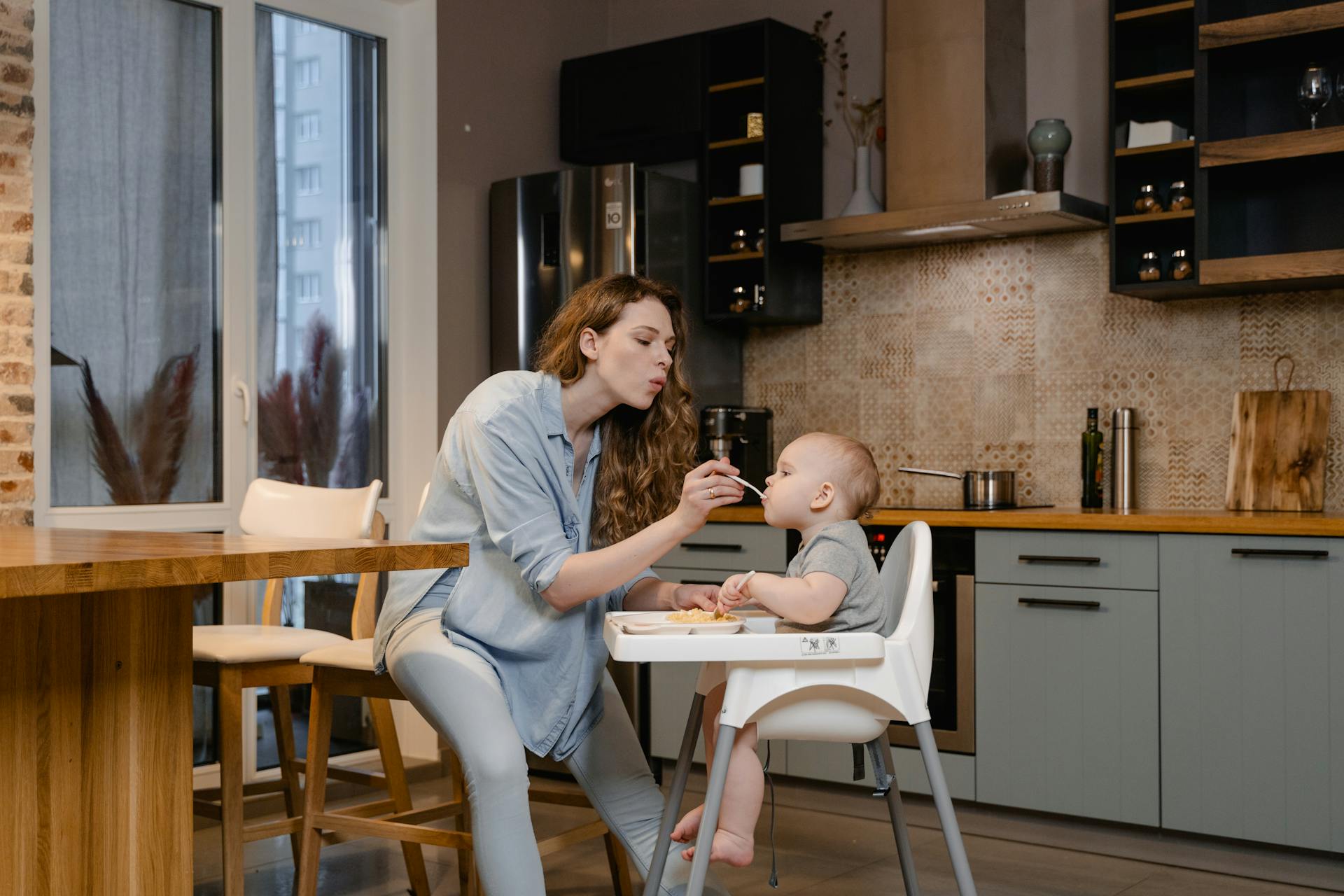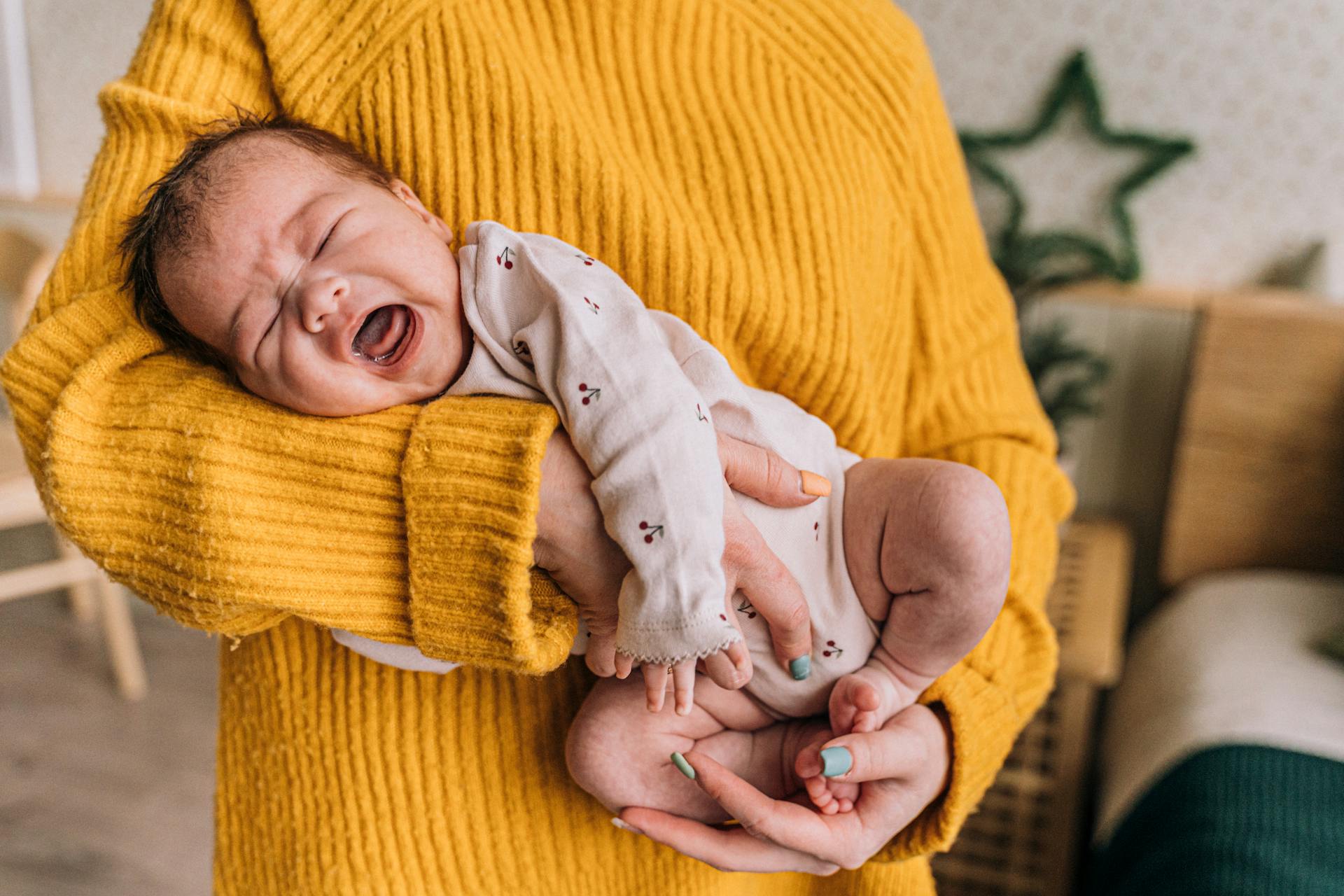Using a pacifier for a newborn during sleep is a common practice among parents. However, many wonder if it is safe and beneficial for their baby’s sleep routine. Experts suggest that allowing a newborn to sleep with a pacifier can offer several advantages, but it is essential to follow safety guidelines to minimize any risks.
Is It Safe for a Newborn to Sleep with a Pacifier?
Yes, newborns can sleep with a pacifier as long as it is used correctly. The American Academy of Pediatrics (AAP) recommends offering a pacifier at nap time and bedtime as it may reduce the risk of Sudden Infant Death Syndrome (SIDS). However, parents should ensure that the pacifier is used safely and does not interfere with feeding habits.
Benefits of Letting a Newborn Sleep with a Pacifier
1. Reduces the Risk of SIDS
Studies indicate that using a pacifier during sleep can lower the likelihood of Sudden Infant Death Syndrome (SIDS) by keeping the airway open and preventing deep sleep that can lead to breathing difficulties.
2. Provides Comfort and Soothing
Sucking is a natural reflex for newborns, and a pacifier can help them self-soothe. This can be particularly useful for babies who have trouble settling down for sleep.
3. Helps with Sleep Routine
A pacifier can serve as a cue for sleep, signaling to your baby that it is time to rest. This can establish a healthy sleep pattern over time.
4. May Help Preterm Babies
For preterm infants, pacifier use has been linked to improved sucking reflexes, better digestion, and overall faster weight gain, which can be beneficial for their development.
Potential Risks of Using a Pacifier for Sleep
While pacifiers offer many advantages, there are some potential risks that parents should be aware of:
1. Dependency on the Pacifier
Some babies become overly reliant on the pacifier to fall asleep, which can lead to difficulties if they wake up in the middle of the night and cannot find it.
2. Possible Impact on Breastfeeding
Introducing a pacifier too early can interfere with breastfeeding. The AAP suggests waiting until breastfeeding is well established (around 3-4 weeks) before introducing a pacifier.
3. Increased Risk of Ear Infections
Prolonged pacifier use has been linked to a higher incidence of middle ear infections. To minimize this risk, limit pacifier use to nap and bedtime only.
4. Dental Issues (If Used Long-Term)
Extended pacifier use beyond 2-3 years of age may contribute to dental problems such as misalignment or an overbite.
How to Use a Pacifier Safely During Sleep
If you choose to let your newborn sleep with a pacifier, follow these safety tips:
1. Choose the Right Pacifier
Opt for a one-piece pacifier made of durable, BPA-free material with a vented shield to prevent choking hazards.
2. Never Attach a Pacifier to a String or Clip
Avoid using pacifier clips or strings during sleep as they can pose a strangulation risk.
3. Do Not Force the Pacifier
If your baby rejects the pacifier, do not force it. Some infants simply do not like using one, and that is completely fine.
4. Keep the Pacifier Clean
Wash and sterilize the pacifier regularly to prevent infections. For newborns under six months, boiling or using a sterilizer is recommended.
5. Avoid Using Sweeteners
Never dip the pacifier in honey, sugar, or any sweetener, as this can increase the risk of cavities and bacterial infections.
6. Replace When Necessary
Check the pacifier regularly for signs of wear or damage and replace it as needed to ensure safety.
When to Wean a Baby Off the Pacifier
While pacifiers can be beneficial, it is recommended to start weaning around 6-12 months to prevent long-term dependency and dental issues. By age 2, most children should be fully transitioned away from pacifiers.
Final Thoughts
Allowing a newborn to sleep with a pacifier can provide comfort and significant benefits, including a reduced risk of SIDS. However, it is essential to use pacifiers safely and avoid potential risks such as dependency or breastfeeding interference. By following best practices, parents can ensure their baby’s safety and well-being while using a pacifier as part of a healthy sleep routine.
Would you let your newborn sleep with a pacifier? Share your experiences in the comments below!
